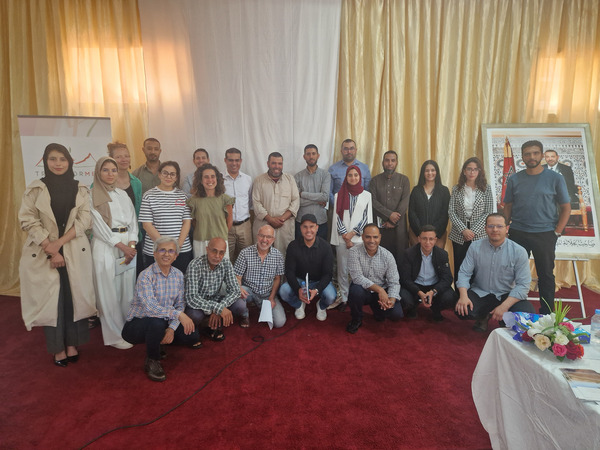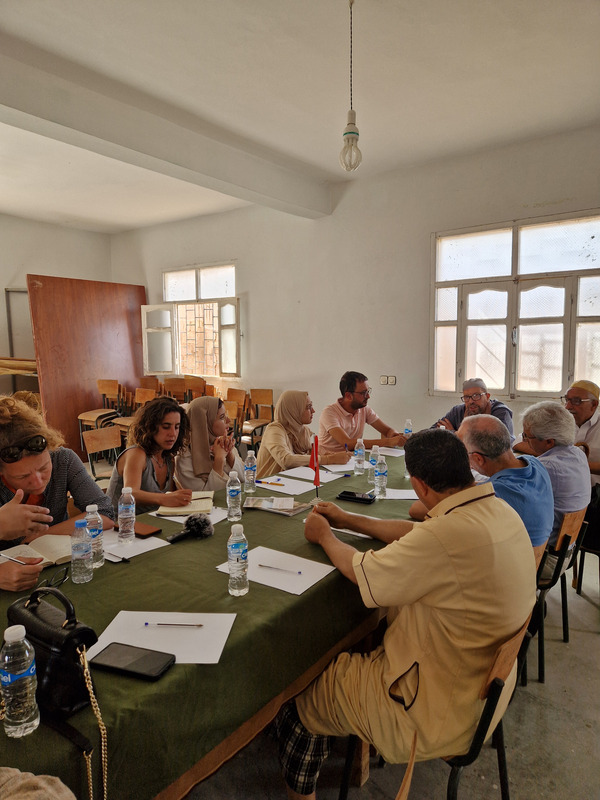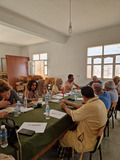From April to September, the University of Évora is hosting two students from the CIHEAM-IAMM Master's in Economics – Mediterranean Farming System Design for a Sustainable Food System. Their internships, developed under the TransforMed project, focus on policy frameworks influencing the adoption of agroforestry practices.
Between May and July, the students carried out:
- A review of policies, incentives, and institutional frameworks related to agroforestry.
- An analysis of farmers' demographic and socioeconomic factors affecting adoption.
- Interviews with key stakeholders involved in agroforestry policy design and implementation.
Methodology
In both Morocco and Tunisia, the approach combined:
- Policy Mapping – Qualitative document analysis of national policies, strategies, and laws.
- Stakeholder Engagement – Semi-structured interviews with policymakers, institutional actors, researchers, NGOs, and farmers.
- Validation – Use of the Delphi method in stakeholder workshops to reach consensus and refine findings.
Key Findings
Country | Main Obstacles | Recommendations | Main Stakeholders |
Morocco |
|
| Ministry of Agriculture; Regional Directorates of Agriculture; ONCA; INRA; Chamber of Agriculture; FIFARGANE; local NGOs (e.g., Nour Association) |
Tunisia |
|
| ICARDA; General Directorate of Forests; Ministry of Environment; INRGREF; OEP; IRESA; CRDA of Zaghouan; INRAT; UTAP; NGOs; CAPTE association |




 tap and then scroll down to the Add to Home Screen command.
tap and then scroll down to the Add to Home Screen command.